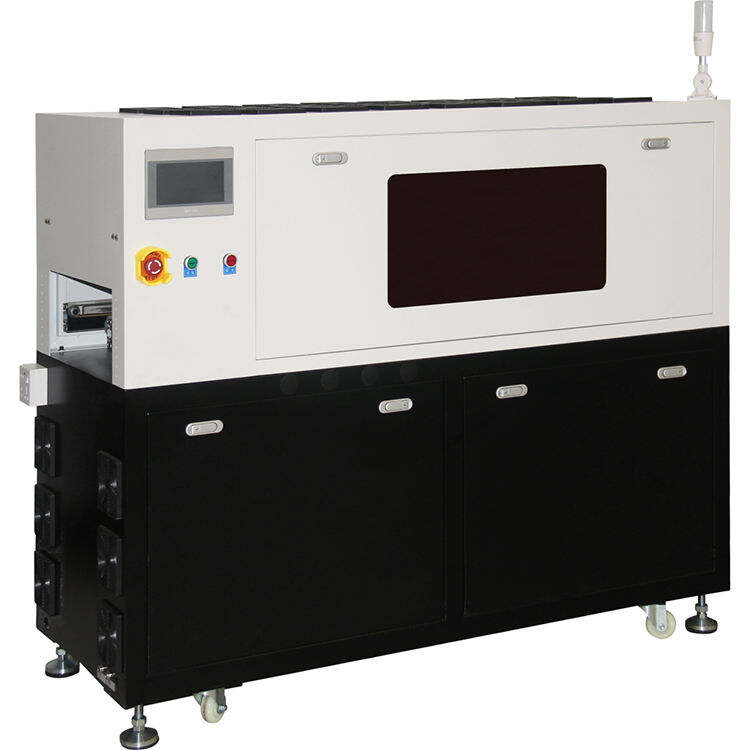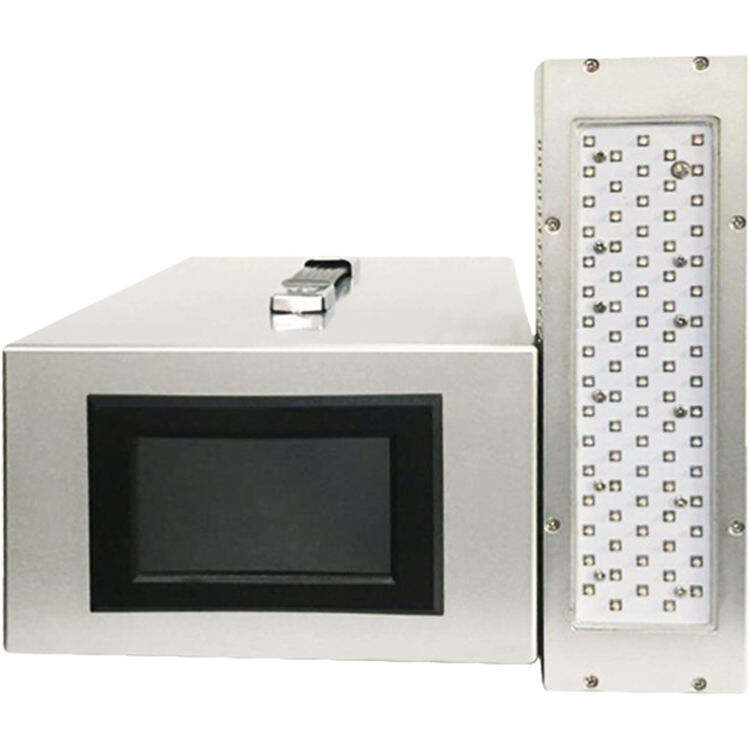 ×
×
Photopolymerization is an advanced process where light energy initiates a chemical reaction crucial for solidifying resin-based materials. In this context, UV LED lights play a pivotal role by emitting specific wavelengths that are exceptionally effective in polymerizing photoinitiators. This results in faster curing times compared to traditional methods. The use of LEDs enhances the durability of the cured product by promoting superior cross-linking, which in turn reduces material brittleness and improves overall product quality.
Wavelength precision is fundamental in achieving consistent curing results. By ensuring that the correct energy is delivered precisely to the photoinitiators, manufacturers can significantly minimize energy waste and avoid incomplete curing, which can lead to part failures or quality inconsistencies. Different applications require specific wavelengths, and understanding these requirements enables manufacturers to formulate materials that cater to specific curing needs. This precision ensures high reliability in the end products, making it vital for industries that demand stringent quality standards.
Wide-area irradiation is essential for achieving uniform light distribution, thereby reducing the shadowing effects commonly associated with conventional curing methods. This approach eliminates the need for multiple light sources, consequently enhancing production efficiency and lowering operational costs. Modern UV LED fixtures are innovatively designed to offer better surface coverage, ensuring that all areas receive adequate light exposure necessary for effective curing. This comprehensive illumination capability is particularly beneficial in sectors requiring detailed and extensive coverage without the drawbacks of shadowing.
UV LED technology offers a remarkable reduction in energy costs compared to traditional mercury lamps, with savings reaching as high as 80%. This efficiency is largely due to the focused wavelength output of UV LEDs, which minimizes wasted energy, making it a more sustainable choice for industries. Additionally, UV LEDs boast a longer lifespan, significantly diminishing maintenance costs and proving more economical in the long term. This prolonged durability not only saves on direct expenses but also ensures consistent operational performance, further enhancing their value proposition.
One of the standout features of UV LED technology is its instant on/off capability, which significantly enhances production flexibility and precision in process timing. This characteristic is crucial for high-value applications where curing speed directly impacts throughput and product quality. Manufacturers benefit from reduced material waste, as they can stop the curing process precisely when needed, making adjustments in real-time without compromising efficiency or product integrity. The ability to tightly control the curing process supports robust production strategies, optimizing both time and resources in industrial settings.
UV LEDs are particularly advantageous for applications involving temperature-sensitive substrates due to their minimal heat emission compared to traditional curing methods. This feature is critical in preventing warping or deformation in materials such as plastics and composites, thus preserving product integrity and quality. By utilizing UV LED technology, manufacturers enjoy greater design freedom in sensitive applications without compromising on curing effectiveness. The low-heat output allows for innovative material usage and design adaptations, making UV LED a preferred option for complex and delicate industrial processes.
High-power UV curing machines are equipped to handle increased throughput, making them ideal for industrial applications that require processing large volumes efficiently. These robust systems are versatile, supporting the curing of numerous materials, from plastics to inks, across diverse industrial sectors. Advanced features, such as adjustable intensity settings, empower users to precisely achieve desired curing outcomes, adapting to different materials and curing requirements. High-power UV curing machines allow businesses to meet the demand for consistent, high-quality products while enhancing operational efficiency.

UV LED area light sources are engineered to provide precision irradiation, ensuring uniform exposure across extensive surface areas. This capability is crucial for maintaining quality control across complex geometries and diverse production line configurations. The highly scalable design allows these light sources to be adapted to various production line setups, meeting varied manufacturing demands with ease. By delivering consistent curing results, UV LED area light sources play a vital role in facilitating high standards of quality control in large-scale manufacturing processes.

UV LEDs have revolutionized the way glue is cured in the electronics assembly process. Their precise light output ensures strong and durable bonds, which are critical for the reliability and longevity of electronic components. These advancements have optimized glue dispensing machines, leading to faster and more accurate application on assembly lines. Such precision not only enhances production speed but also significantly improves the quality of the final products. For instance, electronics manufacturers have reported reduced lead times and superior assembly quality, demonstrating the efficacy of UV LED technology in real-world applications. This enhancement in glue dispensing in electronic assembly underscores the crucial role UV LEDs play in modern production processes, ensuring efficiency and reliability.
In the automotive industry, the adoption of UV curing technology has enabled manufacturers to efficiently apply coatings on intricate 3D surfaces without sacrificing quality. The quick curing process offered by UV technology allows automakers to maintain tight production schedules, ensuring they remain competitive in a fast-paced market. Many original equipment manufacturers (OEMs) are increasingly shifting from traditional curing methods to UV LED systems, citing enhanced efficiency and product durability as key benefits. This transition illustrates how UV curing meets the challenging demands of modern automotive manufacturing, ensuring high-quality finishes and robust coatings that can withstand the test of time and use.
Woodworking processes greatly benefit from UV LED technology, especially in adhesive curing. Unlike traditional methods, UV LEDs cure adhesives without excessive heat, which minimizes the risk of warping. This advantage not only ensures the structural integrity of the wood products but also allows for quicker assembly times, helping manufacturers meet growing market demands. Successful case studies in the woodworking sector have shown that UV LED technology enhances adhesive performance, contributing to the longevity of the final products. By integrating this technology, the woodworking industry can produce high-quality products efficiently, which is vital for maintaining a competitive edge in a demanding market.